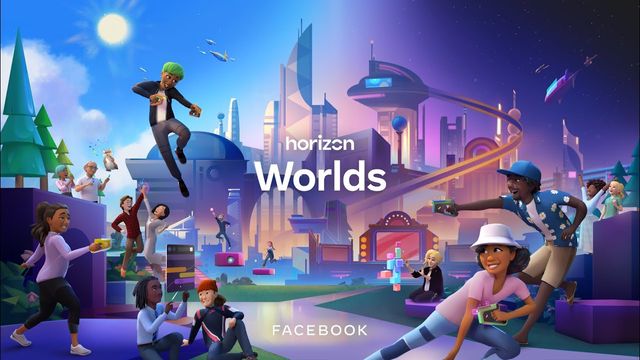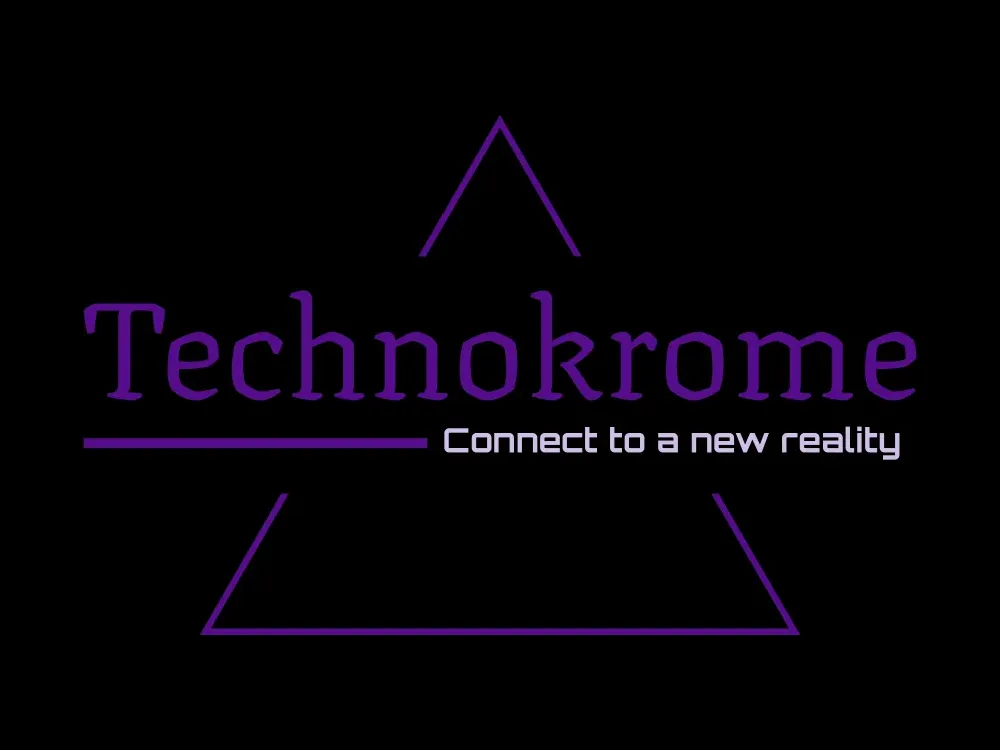Despite the tremendous losses of the Reality Labs division, CEO Mark Zuckerberg displayed no evidence of changing the company’s long-term metaverse strategy during the fourth quarter earnings call for Meta.
According to Meta’s earnings report, Reality Labs lost $13.7 billion in total in 2022, with the fourth quarter seeing a particularly sizable loss of about $4.3 billion.
Zuckerberg maintained his faith in the company’s metaverse plan despite these setbacks. When asked how Reality Labs might be affected by the company’s recent efficiency initiatives, Zuckerberg responded, “None of the signals that I’ve seen so far suggest that we should shift the Reality Labs strategy long term.”
He continued by saying that after the October release of the Quest Pro Virtual Reality headset, the company would introduce another “next-generation consumer headset” later in 2023.
Meta reported overall revenue of $32.1 billion in the fourth quarter, exceeding Wall Street predictions despite the losses in the Reality Labs subsidiary. As a result, Meta’s stock price increased significantly, rising by approximately 19.5 percent in after-hours trading.
Zuckerberg’s attitude was shared by Susan Li, CFO of Meta, who promoted her investment in the Reality Labs venture.
"We still expect our full-year Reality Labs losses to increase in 2023, and we're going to continue to invest meaningfully in this area given the significant long-term opportunities that we see."
Susan Li
Regardless of the current revenue loss, Zuckerberg and Li’s belief in the company’s metaverse strategy demonstrates a consistent commitment to the technology’s future.
Meta seeks to promote the Horizon Worlds virtual reality environment and solidify it as the paradigm of interactive business, entertainment, and human engagement with the release of the Quest 3 headset and extending investment in the Reality Labs division.
How exactly will Horizon Worlds be shaping enterprise?

The virtual reality platform Horizon Worlds has the ability to change how businesses engage with their clients, staff, and partners and become the enterprise of the future.
Horizon Worlds provides a wealth of chances for businesses to reach new audiences and engage with them in creative ways owing to its potential for constructing highly realistic and immersive virtual worlds.
Horizon Worlds will have a significant impact on business by introducing new avenues for marketing and advertising. Through virtual venues like exhibitions and shops, businesses will be able to connect with customers and present their goods and services in fresh and engaging ways.
This will enable companies to effectively increase brand recognition and produce new leads.
By promoting remote cooperation and communication, Horizon Worlds will also have an impact on how business is conducted in the future. Businesses will be able to hold virtual conferences, meetings, and training sessions, enabling employees to interact and collaborate in real-time from any location.
Companies will benefit from increased productivity and efficiency, lower travel expenses, and a more connected and engaged staff as an outcome of this.
Additionally, Horizon Worlds will give companies additional chances to innovate and challenge established markets. In order to provide clients with fresh and cutting-edge goods and services, businesses will be able to explore new business models – such as virtual marketplaces.
In essence, Horizon Worlds has the ability to fundamentally alter how companies conduct their operations and engage with their clients, associates, and partners. It will become a crucial tool for organisations trying to reach new audiences, boost productivity, and remain ahead of the curve in an industry that is both increasingly competitive and developing rapidly.





